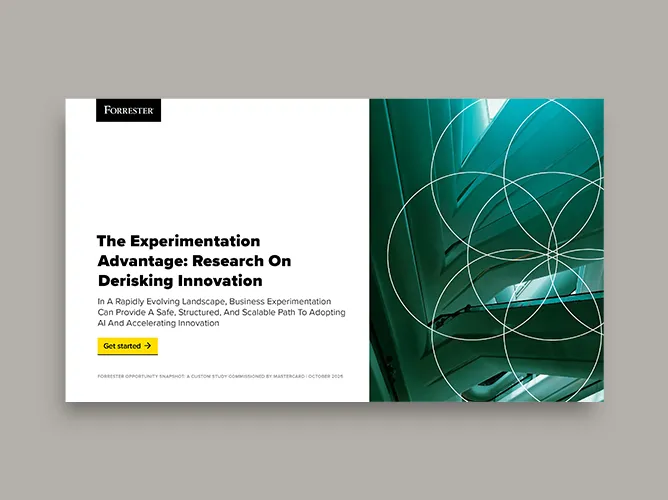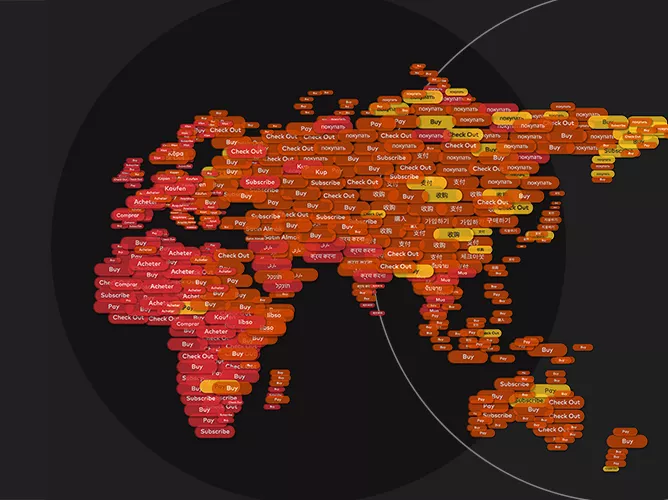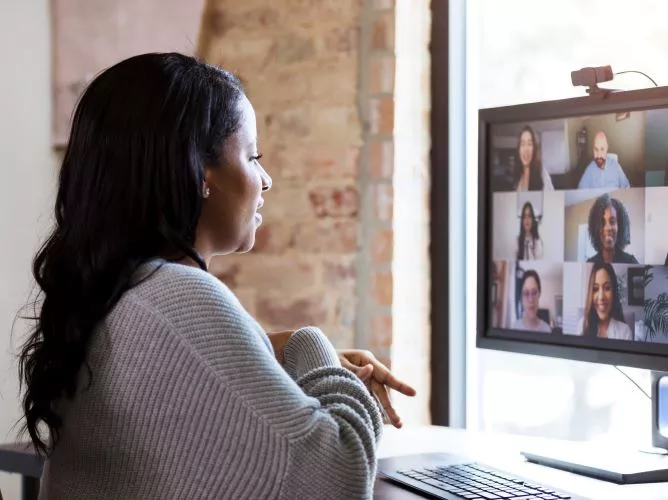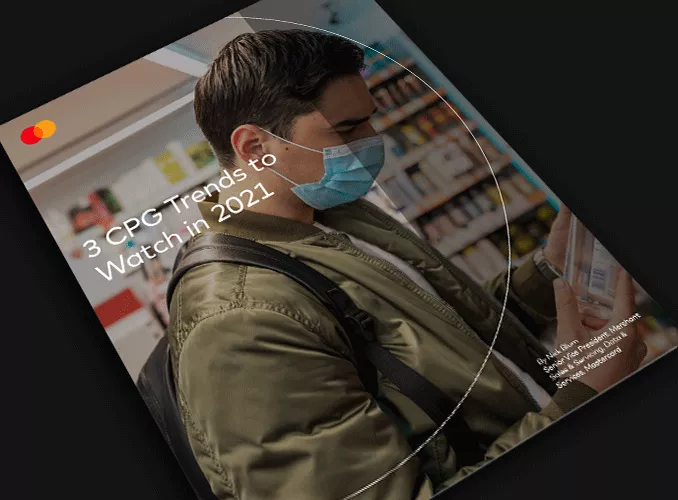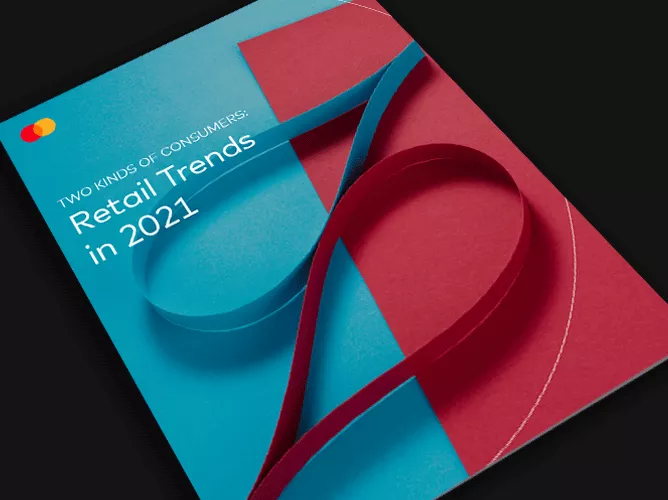A little over a year ago, consumers traded in their shoes for slippers and moved much of their shopping from in-store to online. The swift shift to digital retail is just one of the many ways consumers worldwide had to change their habits and preferences as they adapted to the global pandemic.
This rapid evolution requires banks and retailers to rethink how they engage with consumers. “Relationship commerce” is now front and center, challenging brands to build a connection anchored in data while delivering personalized communications, relevant and flexible rewards and offers and a digital-first experience.
Brand loyalty is an outcome of a successful relationship commerce strategy – it can lead to more impactful engagement as companies attract new consumers, engage long-standing members and bring back consumers they may have lost at the peak of the pandemic.
Covid-19 shifted consumer behavior, and many of the changes are long-lasting. From how they shop and what they buy to when they shop and what they expect from brands, consumers have new expectations in:
Digital
The shift to digital was significant. In 2020, consumers spent $900 billion incrementally at online retailers, with every $1 out of every $5 spent on retail, up from about $1 out of every $7 spent in 2019, according to Mastercard’s recent Recovery Insights report, Commerce E-volution.
Roughly 20-30% of the global consumer shift to digital is expected to be permanent as consumers continue to crave convenience and safety. In a Mastercard Digital Study, nearly two-thirds of surveyed North Americans said they’ve enjoyed the ease of online shopping. And many will be expanding their online buying footprint across borders to online shops outside of their countries, according to Commerce E-volution.
This means brands have bigger opportunities to engage with consumers all over the world. For example, in response to the growth of digital and international e-commerce, Mastercard expanded its cross-border travel rewards program beyond point-of-sale merchant offers to include e-commerce purchases made with over 1,000 sought-after brands. E-commerce allows consumers to fulfill their love of international shopping during travel restrictions.
Wellness
Consumers are more focused than ever on their mental and physical wellness, as well as financial health. More than 40% of Americans plan to stay more physically active, and 35% of Gen Z and millennials are using more wellness apps. They’re also more focused on investing in their betterment, with 82% of consumers launching or accelerating new hobbies since the pandemic began.
The focus on wellness is also an opportunity to innovate on how to keep consumers engaged through virtual connections. Early in the pandemic, Mastercard gave consumers access to virtual experiences through its cardholder concierge services and Mastercard Priceless – from museum visits across the globe to at-home cooking lessons from top chefs.
The market for betterment will be ripe for innovation in 2021, which creates an exciting opportunity for brands to partner with other companies while developing new products and services to serve consumers’ search for holistic wellness, betterment and growth.
Pent-Up Demand
Canceled trips and other plans over the last year are leading to pent-up consumer demand, with an estimated $1.3 trillion sitting on the sidelines waiting to be spent, according to a Mastercard study on revenge spend. Travel is the top splurge purchase post-pandemic for Americans, with 60% of surveyed Americans saying they expect to have more money to spend in 2021 on vacations because of what they didn’t spend on vacations in 2020. More than half are already making travel plans.
There are several ways brands can respond to pent-up consumer demand, including providing safety, flexibility and choice. Consumers will want safe in-person shopping experiences where cleanliness protocols are followed. They’ll also want to know that their online purchases are protected from fraud, including cyber attacks. At the same time, flexibility should be front and center in loyalty programs, allowing consumers control over when and how they earn rewards.
Flexibility should also be woven into travel planning with options to pay now and travel later. As an example, for increased choice, Mastercard partnered with several hotel groups offering a range of additional amenities and experiences, as well as staycation offers for consumers not yet ready to venture farther from home.
Out with Tradition
Consumers no longer feel locked into a calendar or a clock when it comes to work and play. People can work from just about anywhere as long as they have access to Wi-Fi. The convenience of working anywhere is expected to endure past Covid, according to a workplace study by commercial real estate firm JLL. The research shows that employees want to work remotely 2.4 days a week once the pandemic is over, and over 70% of survey respondents said they’re expecting more flexible work schedules.
The work-cation allows the traveler the flexibility to move their office location to a resort or luxury hotel anywhere in the world. Work-cationers will expect an experience that sets their days apart from the traditions of working from home. Mastercard’s hotel and resort partnerships provide special amenities and exclusive offers like after-hours access to spa treatments, room upgrades and credits.
Brands should also think about building loyalty with the work-cationer as their work schedules and locations evolve. Mastercard’s SessionM solution helps hotel brands build loyalty by using active customer data to understand how to expand their customer relationships, deliver personalized messaging and offer relevant rewards and experiences.
Social Causes
Consumers are placing greater value on how brands respond to important issues ranging from sustainability to social causes. In a new Mastercard study across 24 countries, 58% of adults are more mindful of their impact on the environment, and 85% said they’re willing to take personal action to combat environmental and sustainability challenges in 2021. Surveyed consumers also revealed that they want companies and brands to reduce waste, reduce air and water pollution and tackle plastic pollution in packaging and products.
With social equality, inclusion, sustainability and climate change remaining important to many people in 2021, brands need to connect with these socially conscious consumers authentically. Mastercard recently launched a carbon calculator, allowing banks to embed a carbon score and donation capability in their cardholder apps. In addition, points redemptions can now go towards tree planting.
As consumers worldwide continue to evolve their preferences and habits, relationship commerce has become increasingly important. After over a year of social distancing and mobility restrictions, consumers will not only want to build back emotional connections with friends and family but with the brands that connected with them at different levels. Thinking about consumer engagement and loyalty in more personalized and data-driven ways will be vital in continuing to build and maintain these critical relationships.
This mission of navigating uncertainty toward recovery changed us—as individuals, as communities and as a company.
Our world is only continuing to change. Through data-driven decision-making, agility and a commitment to finding innovative ways to support the path to recovery, I feel confident in the role we can play for the betterment of our fellow businesses, governments and people.

